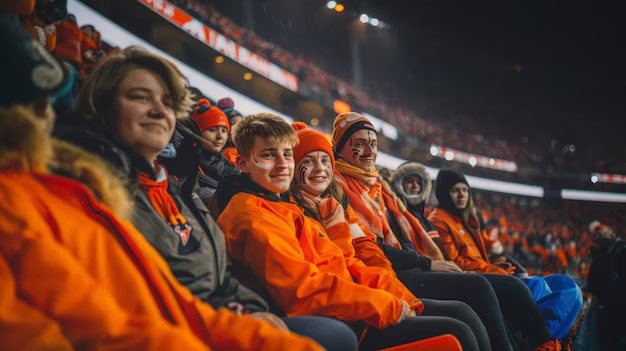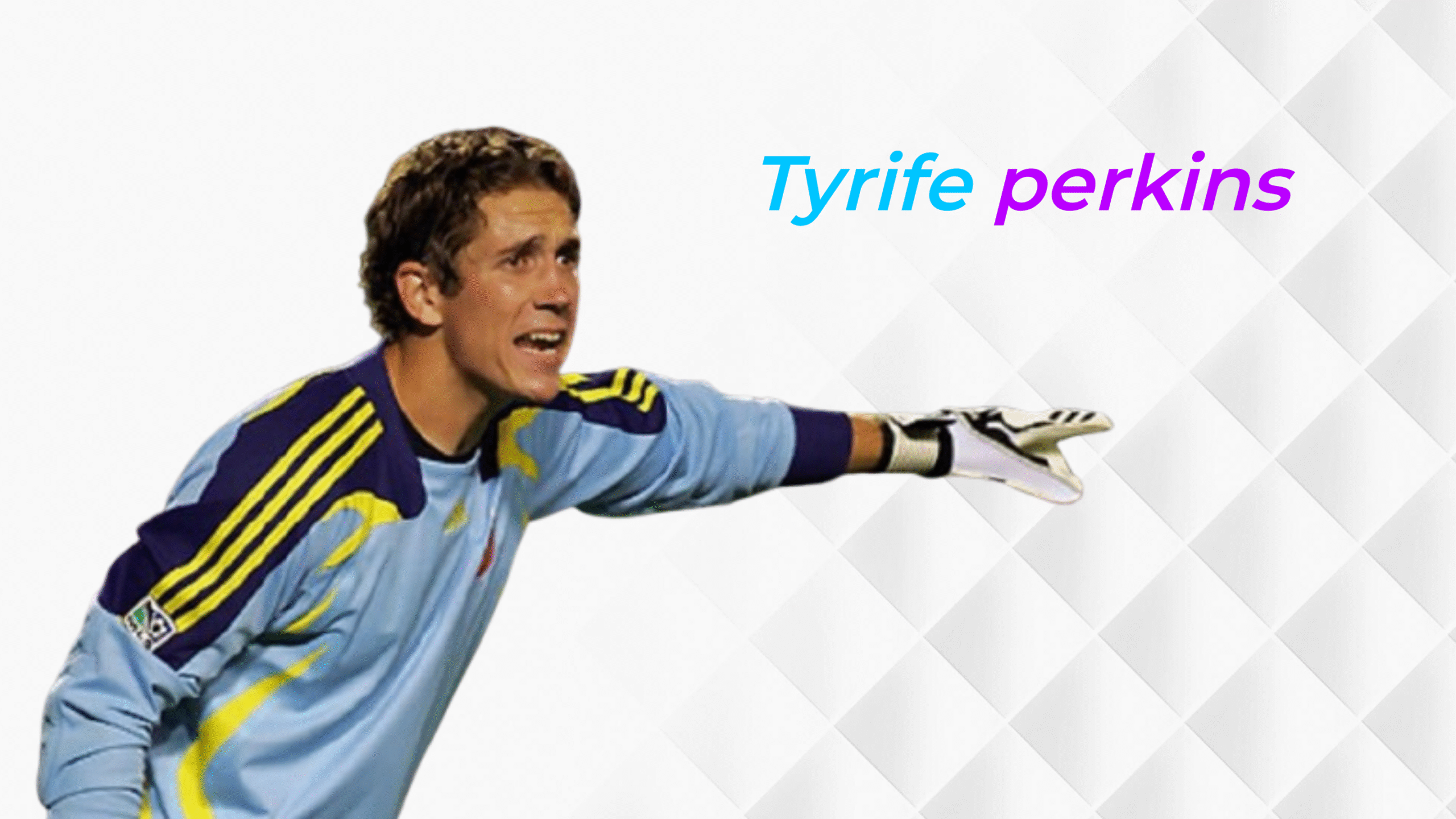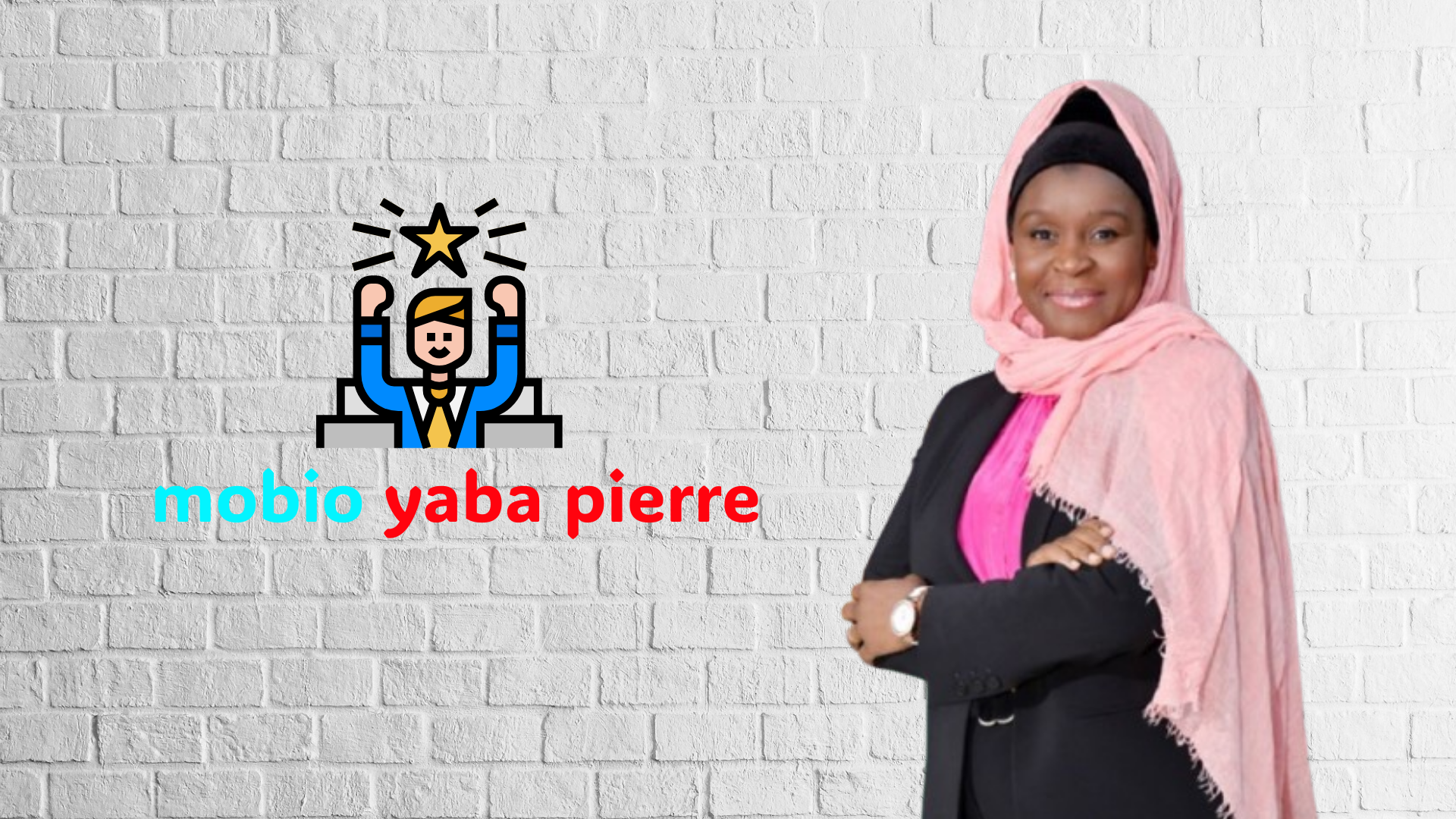
Known for its diverse community and significant contributions to the British economy, particularly in the manufacturing and aviation sectors. The town has undergone various transformations over the years, influenced by migration, industrial changes, and cultural shifts. Understanding the context of Luton is essential to grasp the concept of the “Luton Outlaws.”
Historical Context
The history of Luton dates back to the Roman era, but it gained prominence during the Industrial Revolution. The hat-making industry was a significant part of Luton’s economy, leading to a boom in population and urban development. As the town evolved, so did its social fabric, with various groups emerging, including those who might be labeled as “outlaws” in a cultural or social sense.
The Concept of Outlaws
The term “outlaw” traditionally refers to individuals who operate outside the law or societal norms. In a broader sense, it can also denote those who challenge the status quo or engage in activities that defy conventional expectations. In the context of Luton, the “Luton Outlaws” could symbolize a group of individuals or a subculture that embodies these characteristics.
Cultural Dynamics in Luton
Luton is known for its multicultural environment, with a significant population of immigrants contributing to its diversity. This melting pot of cultures can lead to the emergence of various subcultures, some of which may be viewed as “outlaw” due to their nonconformity. These groups often express their identity through music, art, and social movements, challenging mainstream narratives.
The Role of Youth
Youth culture plays a crucial role in shaping the identity of any town, and Luton is no exception. Young people often seek to carve out their own identities, sometimes in opposition to societal expectations. This quest for identity can lead to the formation of groups that may be labeled as outlaws, whether through their fashion, music, or lifestyle choices.
Music and Expression
Music is a powerful form of expression for many communities, and in Luton, it has been a vehicle for both celebration and protest. Genres like grime, hip-hop, and punk have found a voice in the town, often reflecting the struggles and aspirations of its youth. The “Luton Outlaws” could be seen as those who use music to challenge societal norms and express their unique experiences.
Social Issues and Activism
Luton has faced its share of social issues, including economic challenges, crime, and community tensions. In response, various groups have emerged to advocate for change, often positioning themselves as outlaws against the established order. These activists work to address issues such as inequality, discrimination, and environmental concerns, striving to create a more just society.
The Impact of Technology
In today’s digital age, technology plays a significant role in shaping social movements. Social media platforms allow for the rapid dissemination of ideas and the organization of grassroots movements. The “Luton Outlaws” may utilize these tools to mobilize support, share their stories, and challenge the status quo, further blurring the lines between conformity and rebellion.

Luton’s identity has evolved significantly over the years, influenced by various social, economic, and cultural factors. The town has seen waves of migration, each bringing new customs, traditions, and perspectives that have enriched the local culture.
-
Migration Patterns: The post-World War II era saw an influx of immigrants from the Caribbean, South Asia, and Eastern Europe, each contributing to the multicultural landscape of Luton. This diversity has fostered a unique blend of traditions and practices, which can sometimes lead to tensions but also to vibrant cultural exchanges.
-
Community Cohesion: Despite challenges, many communities in Luton have worked towards fostering cohesion and understanding among different cultural groups. Initiatives aimed at promoting dialogue and collaboration have emerged, showcasing the resilience and adaptability of Luton’s residents.
The Luton Outlaws in Popular Culture
The term “Luton Outlaws” may also find resonance in popular culture, particularly in music and art.
-
Artistic Expression: Local artists and musicians often draw inspiration from their surroundings, using their work to comment on social issues and personal experiences. The “Luton Outlaws” could represent a collective of creatives who challenge societal norms through their art.
-
Influence of Local Music Scenes: The music scene in Luton has produced various artists who have gained recognition beyond the town. Genres such as grime and hip-hop have become platforms for expressing the struggles and aspirations of the youth, with many artists embracing the outlaw persona as a form of rebellion against mainstream expectations.
The Role of Sports in Community Identity
Sports play a significant role in shaping community identity in Luton, with local teams often serving as a source of pride and unity.
-
Football Culture: Luton Town Football Club has a storied history and a passionate fan base. The club’s successes and challenges have become intertwined with the town’s identity, fostering a sense of belonging among supporters.
-
Youth Engagement: Sports programs aimed at youth engagement have emerged, providing opportunities for young people to develop skills, build friendships, and foster a sense of community. These initiatives can also serve as a counterbalance to negative stereotypes associated with the “outlaw” image.
Challenges Faced by the Luton Outlaws
While the concept of “Luton Outlaws” may evoke a sense of rebellion and nonconformity, it is essential to recognize the challenges faced by those who embody this identity.
-
Social Stigmas: Individuals or groups labeled as outlaws may encounter social stigmas that can hinder their opportunities and aspirations. This marginalization can lead to feelings of alienation and frustration, further perpetuating cycles of disadvantage.
-
Economic Disparities: Economic challenges in Luton, including unemployment and lack of access to resources, can exacerbate tensions within the community. Those who identify as outlaws may find themselves navigating a landscape fraught with obstacles, making their quest for identity and expression even more complex.
The Future of the Luton Outlaws
Looking ahead, the future of the “Luton Outlaws” will likely be shaped by ongoing social, economic, and cultural changes.
-
Emerging Voices: As new generations emerge, fresh perspectives and ideas will continue to influence the identity of Luton. The voices of young people, particularly those who identify as outlaws, will play a crucial role in shaping the town’s narrative.
-
Community Resilience: The resilience of Luton’s communities will be tested as they navigate challenges and opportunities in an ever-changing world. Collaborative efforts aimed at fostering understanding and inclusivity will be vital in ensuring that all voices are heard and valued.
Conclusion: Embracing Complexity
The concept of “Luton Outlaws” serves as a lens through which to explore the complexities of identity, culture, and social dynamics in Luton.
-
A Multifaceted Identity: Luton’s identity is not monolithic; it is a tapestry woven from diverse experiences, histories, and aspirations. Recognizing the multifaceted nature of this identity allows for a deeper understanding of the challenges and triumphs faced by its residents.
-
Invitation for Dialogue: This exploration invites readers to engage in dialogue about the implications of identity and belonging in contemporary society. By embracing complexity and fostering understanding, communities can work towards a more inclusive future where all voices are celebrated.
In summary, the “Luton Outlaws” represent a rich and dynamic aspect of Luton’s identity, reflecting the ongoing interplay of culture, history, and social change. ### The Role of Education in Shaping Identity
Education is a fundamental aspect of personal and community development, influencing how individuals perceive themselves and their place in society.
-
Access to Education: In Luton, access to quality education can vary significantly, impacting the opportunities available to young people. Those who may identify as outlaws often face systemic barriers that can hinder their educational journeys, leading to a cycle of disadvantage.
-
Empowerment through Learning: Educational initiatives aimed at empowering marginalized groups can help break these cycles. Programs that focus on inclusivity and cultural awareness can foster a sense of belonging and identity among students, encouraging them to embrace their unique backgrounds while also challenging societal norms.
The Intersection of Identity and Mental Health
Mental health is an increasingly important topic within communities, particularly for those who may feel marginalized or misunderstood.
-
Stigma and Support: Individuals who identify as outlaws may experience stigma related to their lifestyle choices or social standing, which can adversely affect their mental health. Creating supportive environments that promote open discussions about mental health can help alleviate some of these challenges.
-
Community Resources: Access to mental health resources is crucial for fostering resilience among those who feel like outlaws. Community organizations that provide counseling, support groups, and outreach programs can play a vital role in addressing these needs.
The Influence of Local Governance
Local governance and policy decisions can significantly impact the lives of residents in Luton, including those who identify as outlaws.
-
Community Engagement: Encouraging community engagement in local governance can empower residents to voice their concerns and advocate for change. This involvement can help bridge the gap between marginalized groups and decision-makers, fostering a more inclusive environment.
-
Policy Implications: Policies that address social inequality, economic opportunity, and community cohesion can create a more supportive landscape for all residents, including those who may feel like outlaws.
The Importance of Representation
Representation in various spheres, including politics, media, and the arts, is crucial for fostering a sense of belonging and identity.
-
Political Representation: Ensuring that diverse voices are represented in local government can lead to more equitable policies and initiatives that address the needs of all community members, including those who identify as outlaws.
-
Media Portrayal: The way outlaws are portrayed in the media can shape public perception and influence societal attitudes. Positive representation can challenge stereotypes and promote understanding, while negative portrayals can perpetuate stigma and division.
Building Bridges through Collaboration
Collaboration among different community groups can foster understanding and create opportunities for dialogue.
-
Intercultural Initiatives: Programs that promote intercultural exchange can help break down barriers and build relationships among diverse groups. These initiatives can provide platforms for sharing stories and experiences, fostering empathy and understanding.
-
Shared Goals: Identifying common goals among various community groups can lead to collaborative efforts that benefit everyone. By working together, residents can address shared challenges and create a more inclusive environment.
The Legacy of the Luton Outlaws
The legacy of the “Luton Outlaws” will continue to evolve as new generations emerge and societal dynamics shift.
-
Cultural Heritage: The contributions of those who identify as outlaws will become part of Luton’s cultural heritage, influencing future generations and shaping the town’s identity.
-
Continuing the Conversation: Ongoing discussions about identity, belonging, and social change will be essential in understanding the complexities of the Luton Outlaws. Engaging with these topics can help foster a more inclusive community that values diverse perspectives.
Conclusion: A Call to Action
The exploration of the “Luton Outlaws” highlights the importance of understanding the multifaceted nature of identity and community dynamics.
-
Encouraging Inclusivity: It is crucial for residents, policymakers, and community leaders to work towards creating an inclusive environment that values all voices. By embracing diversity and fostering understanding, Luton can continue to thrive as a vibrant and dynamic community.
-
Empowering Future Generations: Supporting initiatives that empower young people and marginalized groups will be vital in shaping a positive future for Luton. By investing in education, mental health resources, and community engagement, the town can cultivate a sense of belonging for all its residents.
In summary, the “Luton Outlaws” represent a significant aspect of the town’s identity, reflecting the ongoing interplay of culture, history, and social change. Embracing this complexity will be essential in fostering a more inclusive and resilient community for generations to come.









